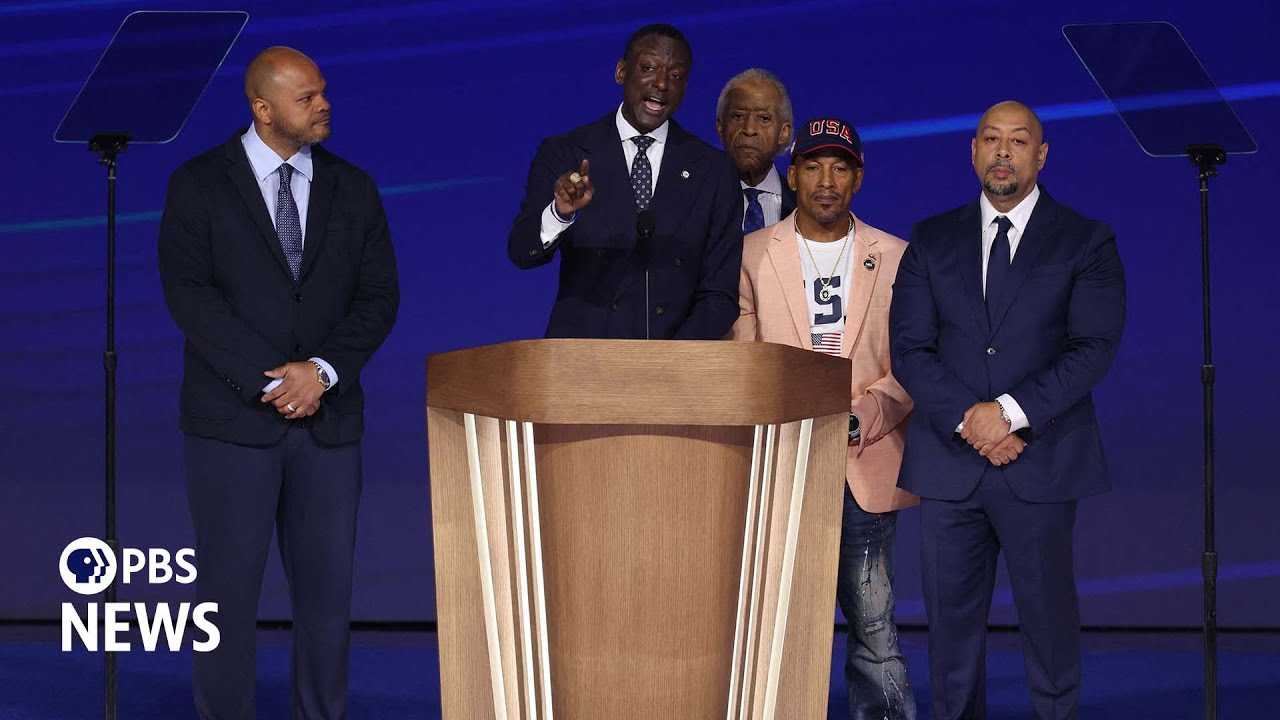Politics
Central Park Five Address Trump at Democratic National Convention

Members of the Central Park Five, a group of Black and Latino men who were wrongly convicted of raping and assaulting a white jogger in New York City in 1989, spoke during the Democratic National Convention’s fourth night. Their appearance was in direct opposition to former President Donald Trump, who infamously took out newspaper ads against the men when their convictions were front-page news in 1989.
Four of the exonerated members—Yusef Salaam, Korey Wise, Raymond Santana, and Kevin Richardson—were scheduled to speak, introduced by Rev. Al Sharpton, who criticized Trump’s comments about the group. The ads from Trump, published shortly after the incident, called for the reinstatement of the death penalty and supported a crackdown on crime.
In those ads, Trump referred to the accused as “muggers and murderers” who should face execution for their alleged crimes. He defended these statements in later interviews, suggesting that his calls for retribution were necessary to combat rising crime rates.
Despite the eventual exoneration of the Central Park Five and a court settlement from New York City totaling $41 million in 2014, Trump has repeatedly dismissed the case as a “disgrace.” He refused to apologize for his words in 1989, even as recently as 2019, when he claimed that there were “people on both sides” regarding their guilt or innocence.
During their speech at the DNC, members of the Central Park Five addressed Trump directly, recalling the severe injustices they faced because of his statements. Korey Wise remarked on their collective suffering, stating that the group spent a total of 41 years in prison due to wrongful convictions linked to their coerced confessions.
Yusef Salaam urged that Trump’s influence on public opinion played a crucial role in their initial trials. Salaam mentioned the personal dangers his family faced due to the inflammatory nature of Trump’s statements, which incited death threats against them.
The Central Park Five’s convictions were overturned in 2002 when Matias Reyes, a convicted murderer, confessed to the crime, and DNA evidence confirmed his guilt. The five men were teenagers at the time and maintained their innocence throughout their trials.
Their story has since become a crucial example of racial profiling and systemic failure within the justice system. The group members have since become prominent activists, advocating for justice reform and raising awareness about wrongful convictions.












